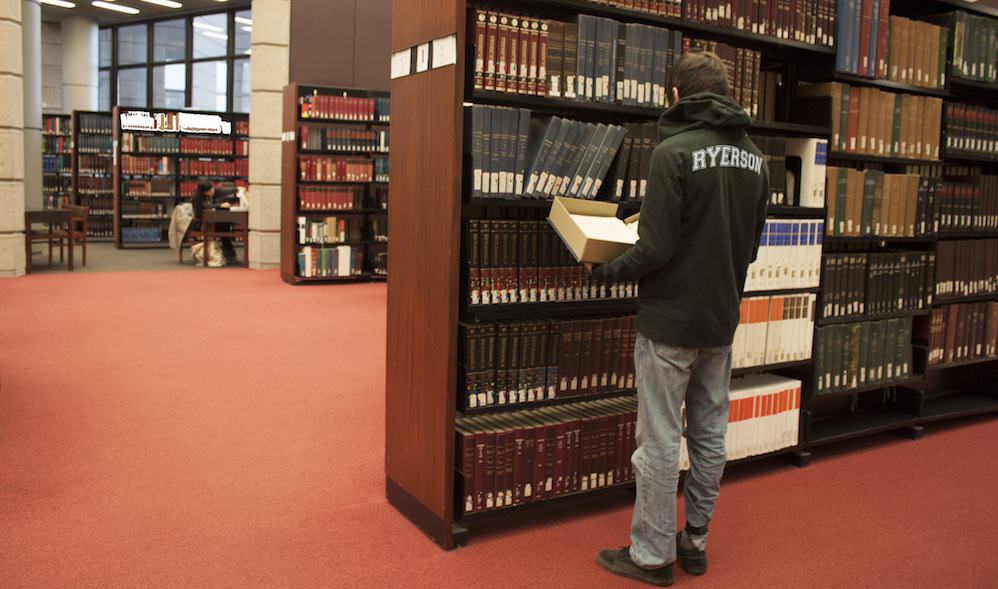University of Toronto students have access to libraries across Canada with no extra fee. However, members of other universities must pay a flat fee to be able to borrow books from the U of T system. Under the Canadian University Reciprocal Borrowing Agreement (CURBA) — which was enacted in 2002 — students, faculty, and staff of participating universities are entitled to borrowing privileges at other university libraries. CURBA combines the resources of the four provincial university library councils, comprising 87 Canadian universities from all 10 provinces.
In 2009, U of T introduced fees for direct borrowers, while still benefiting from CURBA. Students, faculty, and staff at all other Canadian universities must pay an annual $300 fee to access and borrow books from U of T libraries. U of T students are required to pay no additional fees to access other universities’ materials.
Larry Alford, chief librarian at the University of Toronto, said that this fee agreement was necessary to maintain the university’s library system: “Our research library is one of the very best in North America, with only Harvard and Yale ranking above it. In order to maintain its quality, we — and that, of course, includes our students, through their fees — spend over $27 million a year on acquisitions alone.” U of T recently aquired the letters of General James Wolfe — a $1.5 million purchase paid for largely by Helmhorst Investments, a Toronto-based company.
For Alford, the asymmetrical access to other libraries for U of T students is not a problem. “Our reciprocal [fee] agreements therefore ensure that students and faculty from other universities can share in our valuable resources, but that U of T students are not subsidizing this access,” he said.
U of T currently has flat-fee agreements with other universities. Ryerson University, for example, currently pays $90,000 that allows its students to access a University of Toronto Libraries card. The card expires after one full year of access.
There are other exceptions to CURBA in Toronto. The Ontario College of Art and Design (OCAD) allows access to its resources only to Ryerson University and York University, and the libraries at Ryerson and York lend to all other Canadian universities except U of T.
“Our collection is very small and highly specialized,” explained Jill Patrick, the Director of Library Services at OCAD. “Allowing undergraduate students from Canada’s largest university to freely borrow our books would very quickly deplete our shelves and leave our own students, who cannot borrow from U of T [without paying a fee], with no resources to do their work.”
Cecile Farnum, Communications and Liaison Librarian at Ryerson, stated that this exception for U of T students was effective in the original 2002 agreement, even before the fee was charged.
These exceptions do not mean that U of T students are completely unable to borrow books from these universities, or that students from other universities are unable to borrow books from U of T. The Ontario Council of University Libraries (OCUL) is one of the four provincial councils in CURBA, and ensures that all Ontario university students are unhindered by library politics.
Students may request books in OCUL libraries through the Interlibrary Loan (ILL) using the Rapid Access to Collection by Electronic Requesting (RACER) service. These ILL RACER requests, however, take weeks to process and order without a $15 Urgent Request Form, making the loans accessible but untimely for many students.


